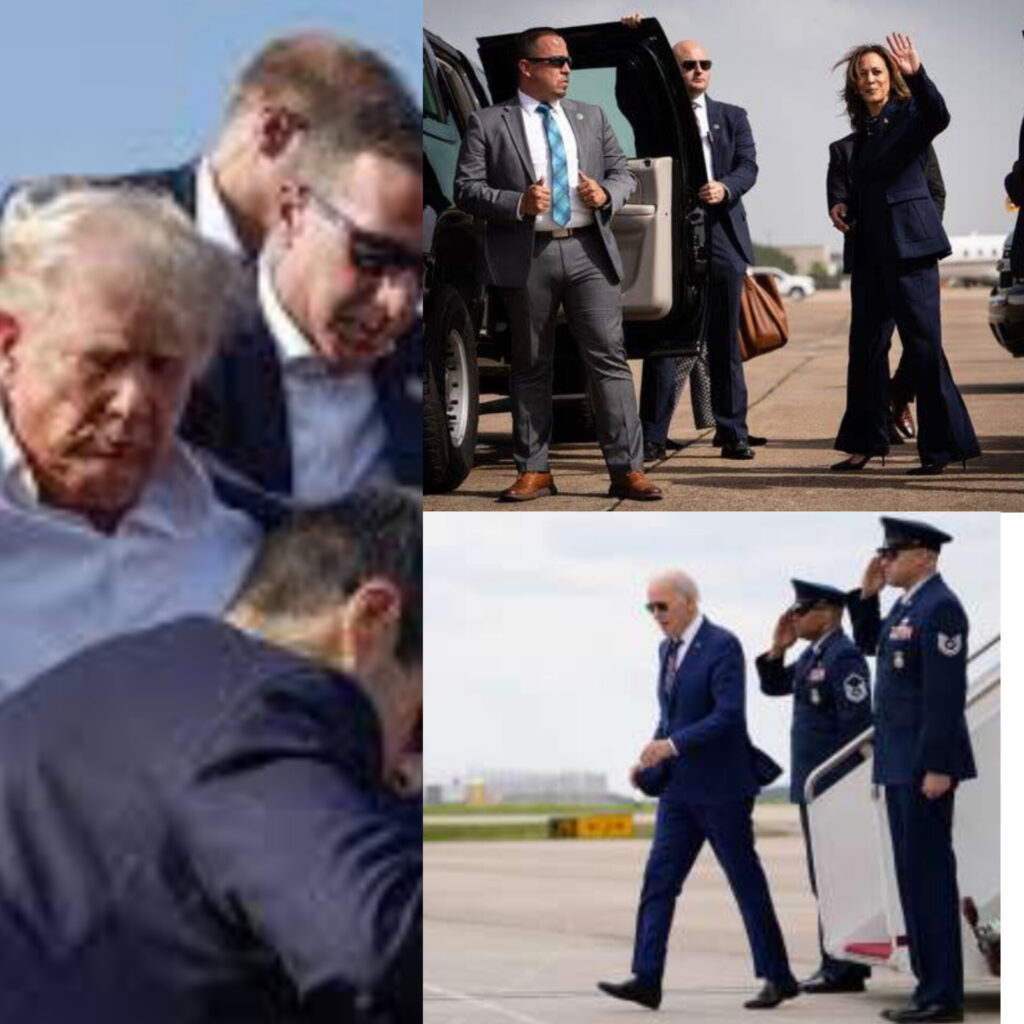On September 20, the US House of Representatives took a significant step to improve the safety of presidential candidates by unanimously passing the Enhanced Presidential Security Act. The vote, which concluded with a striking 405-0 result, comes in the wake of two alarming assassination attempts against former President Donald Trump, underscoring rising concerns about the security of political figures in America.
The Enhanced Presidential Security Act was introduced by Representatives Mike Lawler (R-N.Y.) and Ritchie Torres (D-N.Y.). This legislation mandates that the Secret Service apply the same protection standards to major presidential and vice-presidential candidates as they currently do for sitting presidents and vice presidents. This means that both Trump and Vice President Kamala Harris will receive the same level of security as President Joe Biden.
“We as a federal government have a responsibility to ensure the safety and the well-being of these candidates. One of them is going to be president, and the election should be decided by voters at the ballot box — not by an assassin’s bullet,” Lawler told reporters.
“And if the argument by the Secret Service is that they don’t have enough resources or they don’t have enough manpower,” he said, “then that needs to be addressed immediately.”
The bill is notably brief, consisting of just three pages, yet it empowers the Secret Service with broad discretion to determine staffing levels based on the specific needs of each candidate. The intention behind this flexibility is to allow the Secret Service to adapt to varying threats and circumstances as they arise.
The passage of this bill is particularly timely, as lawmakers are grappling with an increasingly volatile political landscape. The two assassination attempts against Trump have raised alarm bells about the potential dangers faced by prominent political figures, especially with the upcoming presidential election. Lawmakers have expressed concerns about how to best address these growing threats and ensure the safety of candidates.
While the House vote demonstrated strong bipartisan support, the future of the bill in the Senate remains uncertain. Lawmakers are also discussing whether to allocate additional funding for the Secret Service in a stopgap funding bill that Congress needs to pass by September 30 to prevent a government shutdown. The discussions around funding could play a crucial role in determining how effectively the Secret Service can implement the provisions of the new law.
President Biden has highlighted the urgent need for enhanced resources for the Secret Service, stating that the agency “needs more help.” He has called on Congress to take action to ensure that the Secret Service has the necessary funding and support to protect candidates effectively. Both Senate Majority Leader Chuck Schumer (D-N.Y.) and House Speaker Mike Johnson (R-La.) have committed to addressing these needs, signaling a bipartisan effort to bolster security measures.
The Enhanced Presidential Security Act marks an important legislative step toward safeguarding the lives of those who aspire to lead the nation. As political tensions continue to rise, ensuring the security of candidates becomes increasingly vital. The actions taken by the House represent a proactive approach to addressing these threats, but the final outcome in the Senate and the subsequent implementation of this law will be closely watched by both lawmakers and the public alike.







